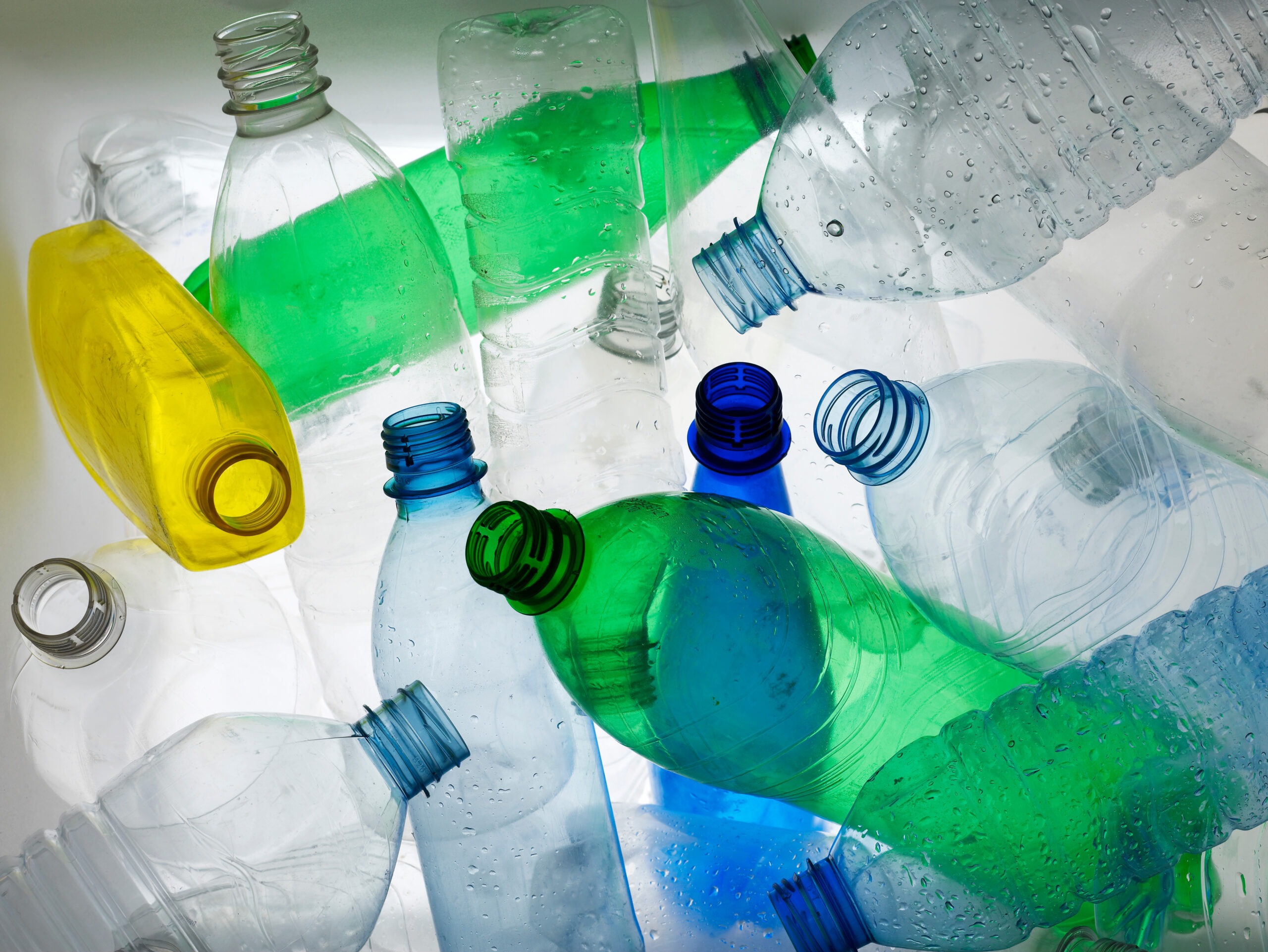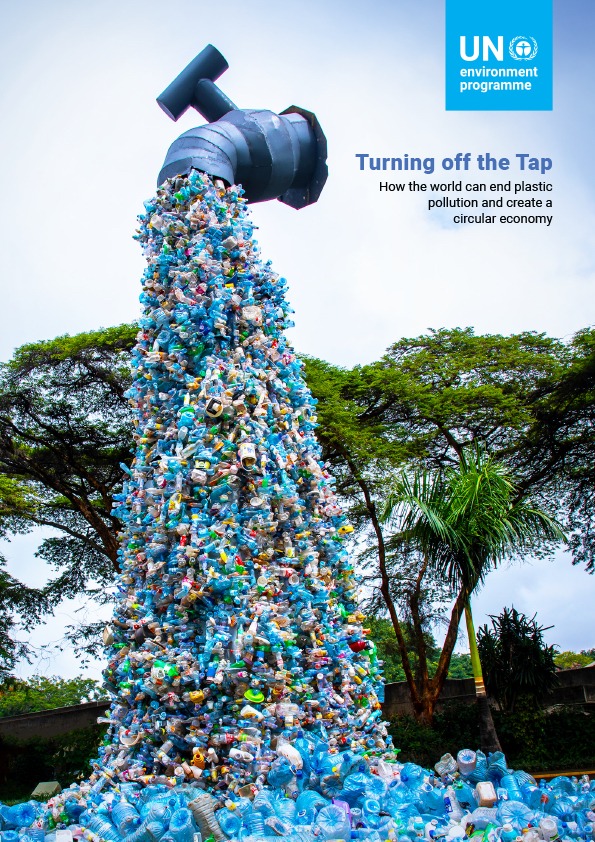A new study examines the economic and business models needed to address the impacts of the plastics economy.
In an historic decision at the 5th UN Environment Assembly in 2022, countries decided to end plastic pollution, and begin negotiating a binding legal agreement by 2024.
With the second round of negotiations (INC-2) in Paris imminent, a new Spotlight report published today by the United Nations Environment Programme (UNEP) with support from Systemiq, proposes a systems change to address the causes of plastic pollution.
“Turning off the Tap: How the world can end plastic pollution and create a circular economy” analyses the opportunities and impacts of a market transformation towards circularity in plastics via a combination of reducing the most problematic and unnecessary plastic uses with three key shifts: reuse, recyle, reorient and diversify.
It argues that these shifts will enable countries to take aim at transitioning towards safer and more stable jobs for those currently working in the informal sector, while creating new business opportunities and flourishing economies.
- Reuse refers to the transformation of the ‘throwaway economy’ to a ‘reuse society’ where reusing plastic products makes more economic sense than throwing them away.
- The report highlights the importance of accelerating the recycling market for plastic recycling by ensuring that recycling becomes a more profitable venture.
- Reorient and diversify refers to shifting the market towards sustainable plastic alternatives, which will require a shift in consumer demand, regulatory frameworks and costs.

“Systemiq is proud to have worked with UNEP and the University of Portsmouth on this seminal publication. It provides a clear compass to all stakeholders, and negotiators of the global plastic instrument in particular, of the system changes required to significantly reduce plastic pollution.
It shows that the solutions exist to address this issue within economic, political, social, and climate constraints but will require new policy frameworks, innovative business models, and unprecedented collaboration between actors in the value chain.”
Yoni Shiran, Partner, Systemiq
The study argues that, in addition to transforming the market, innovative mechanisms are needed to deal with the plastic pollution legacy – both in terms of collecting and responsibly disposing of plastics, and new ways of financing collection and disposal of legacy plastics and preventing microplastics from entering the economy and the environment.
It further highlights that these solutions are available now and that a systems change, underpinned by the necessary policies and legislative actions, will result in a range of economic benefits and reduce damage to human health, the environment and the climate.
Got a question? Please contact us at [email protected]


